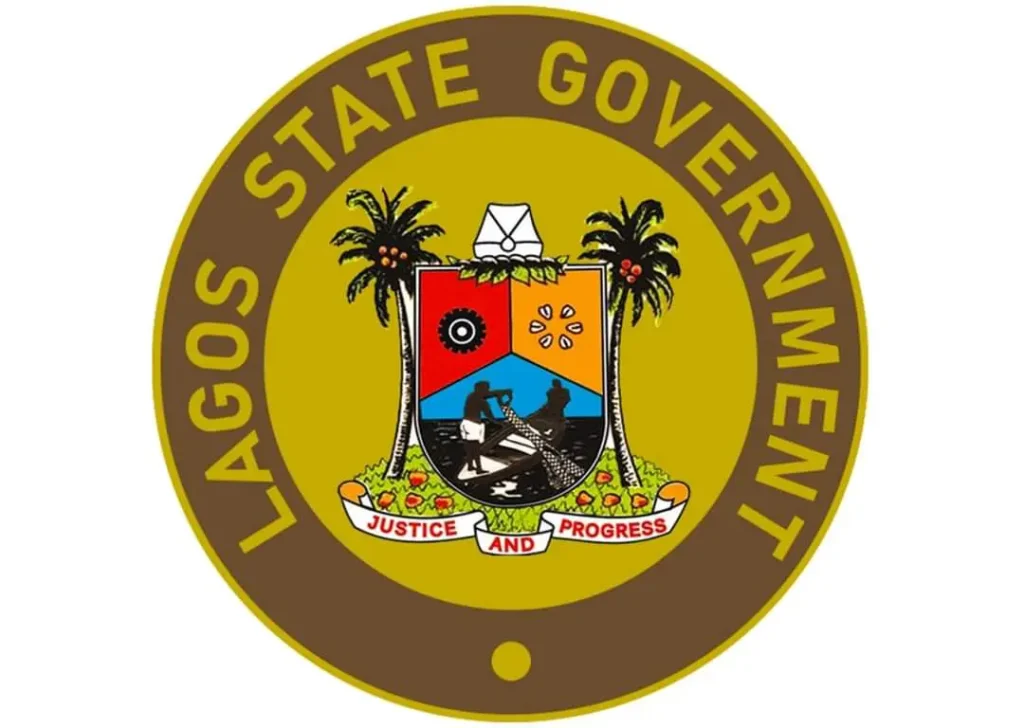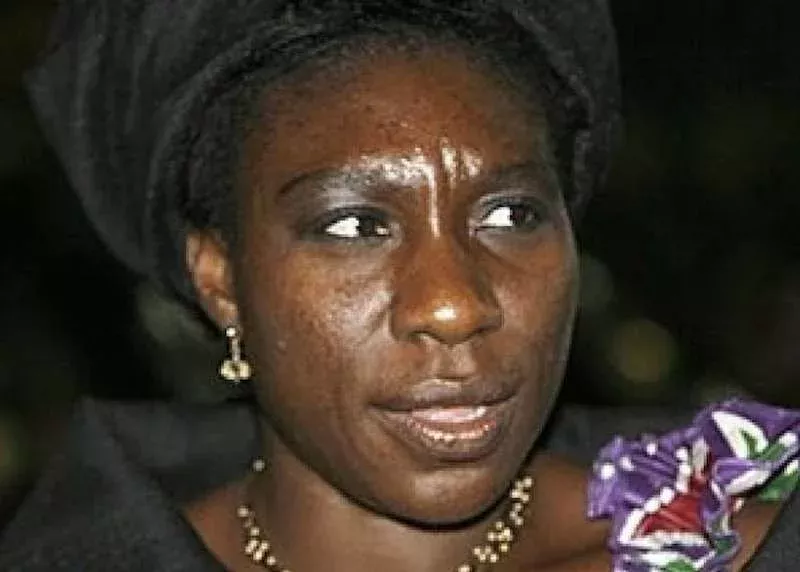Nigeria’s Unchecked Violence: A Looming Humanitarian Crisis
A devastating wave of violence has swept across northern Nigeria, leaving a trail of death and destruction in its wake. According to a recent investigation by Amnesty International, at least 10,217 people have been killed in the past two years, with the majority of the attacks occurring in Benue, Plateau, and other states. The Nigerian government’s failure to protect its citizens has created a potential humanitarian crisis, with thousands displaced and many more struggling to survive.
The situation is particularly dire in Benue State, where 6,896 people have been killed, and Plateau State, where 2,630 lives have been lost. The attacks, often carried out by armed groups and bandits, have also resulted in the destruction of villages, schools, and healthcare facilities. In some areas, entire communities have been displaced, with many forced to flee their homes and livelihoods.
"It’s been two years since President Bola Tinubu took office, promising to enhance security, but things have only gotten worse," said Isa Sanusi, director of Amnesty International Nigeria. "The authorities must take concrete action to guarantee the human rights of everyone in Nigeria and hold perpetrators accountable for these heinous crimes."
The investigation also revealed that new armed groups have emerged, including Lakurawa in Sokoto and Kebbi states, and Mamuda in Kwara State. These groups have carried out attacks on villages, mining sites, and other targets, leaving hundreds dead and many more displaced. In Zamfara State, bandits have sacked over 481 villages, with 529 villages currently under their control.
The humanitarian crisis is looming large, with 450,000 people displaced and many struggling to access basic necessities like food and healthcare. Farmers, who make up the majority of those affected, are unable to cultivate their land, leading to a shortage of food and a reliance on begging to survive. "These attacks deprive people of their right to life while the survivors are deprived of their livelihood," said Sanusi.
The Nigerian authorities have been criticized for their response to the crisis, with many accusing them of issuing empty statements and failing to take concrete action. "The only relationship between us and the government is that they issue media statements after we are attacked and killed," said a resident of Maru local government in Zamfara State. "We are helpless."
Under international human rights law, the authorities have an obligation to protect lives and ensure that those suspected of perpetrating these killings are held to account. However, the Nigerian government’s failure to do so has created a cycle of impunity, making everyone feel unsafe. As Isa Sanusi warned, "Time is running out, and the nationwide bloodshed must end now."



